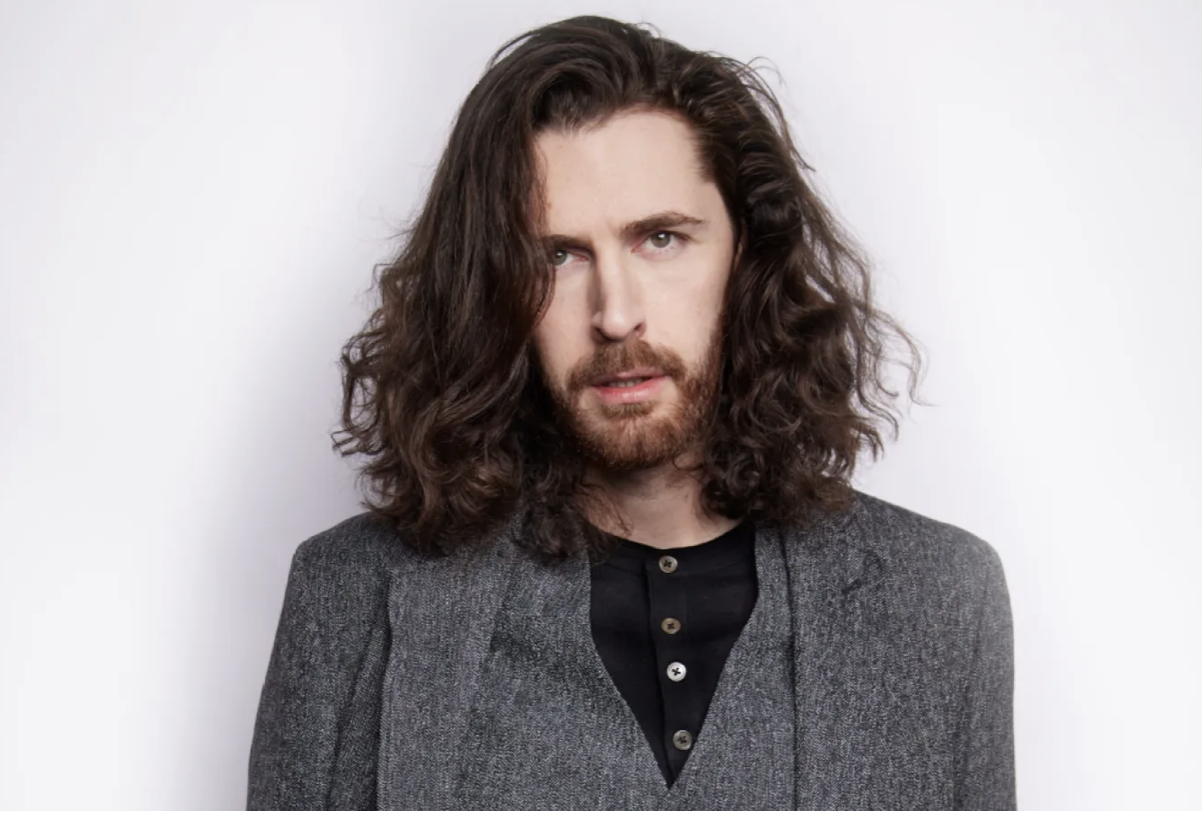Jon Batiste on the Value of Loneliness Before He Plays Jazz Fest

In 2014, the then-future band leader for Stephen Colbert reflected on the time he took to discover his music.
In 2014, I interviewed Jon Batiste after the release of Social Music. We talked about piano technique, his harmoniboard, the roots of tambourine technique, and “social music” as a concept. Batiste and Stay Human will play Jazz Fest’s Acura Stage on Saturday at 3:25 p.m., and when I reviewed the recording of the interview for a piece on artists who've created alternatives to the word “jazz” for Nola.com, I found a passage that didn’t make sense in the story I initially wrote that provides some interesting insight into the artist’s life. Considering Batiste is a big presence as a performer and band leader on The Late Show with Stephen Colbert, it’s interesting that he extolls the value of being alone.
Batiste: The only way that somebody’s gonna be able to find their subject matter is spending that time alone. Look at extreme scenarios like religious figures where they have to go away from people to discover what it is that they want to discover, and then they come back to the people. It’s like that with music. Music is very deep in that way. You have to go deep within yourself away from the distractions of other people to actually have something to bring to them in the context of performance, or any other context. So it’s funny—in order to actually be social, you have to be lonely.
Did you have a period where you had to isolate yourself or you were lonely?
That’s one of those things that every artist goes through at some point, even with their own perception of the culture. Because once you have the artistic vision and that perspective that comes with that, you see the world differently than a lot of people. So even if you are on that level, it sometimes feels as though you’re in your own little space like you’re on another page.
But another practical application of that is something that every jazz musician has gone through where you’re basically in the “woodshed”—which is the practice room—and you’re by yourself. You’re figuring out something on your instrument that you can’t do, and you’re basically trying to look that problem in the eyes and figure out a solution in the moment as much as possible, everyday until years later—a year or two to four years, however long you’re in the shed—you figure it out. I had that when I was younger, and that’s something that’s essential for all musicians.
Do you remember when it was that you knew what you wanted to do musically? The point when you started to have a clear sense of what your music was about?
I’m more clear now than I’ve ever been, and I think that before I’ve had not necessarily the clarity but the passion. I couldn’t imagine that I’d be doing the things that I’m doing now—the opportunities that I’ve had, the ability to continue to tour for so many months on end, and to have so many people into the music. Really, when people ask that question, what I think they’re getting at is When did your passion for the music become so strong that it was one of the most important things, if not the most important thing in your life?
You think of a guy like Miles Davis, who didn’t know exactly what he wanted to do until he was in his 20s and even early 30s when he left Charlie Parker and started his own band. But he was thinking, Okay. I have to get to New York. I have to get out of St Louis. That’s where the music is and that’s all I know. That’s when he knew that he’d be doing what he was doing later in the years, but he didn’t know with that kind of clarity. He just had that passion that was like, I have to follow the music.
To me, that came when I was younger. I knew I wanted to follow the music, but I haven’t really been clear about exactly what I want to do with the music other than follow it until recent years. And that’s something that I think a lot of younger musicians don’t understand and they get to it later in the years, but that’s really a tough thing to figure out. It’s very rare to have someone that’s 18 or 19 and they’re super clear and definitive about what it is that they want to do—unless, of course, what they want to do is something that’s been done before them and they can follow a path, or it’s something that is very simple. But when you talk about jazz and the arts, it almost never is. It’s always tailored to the individual.






